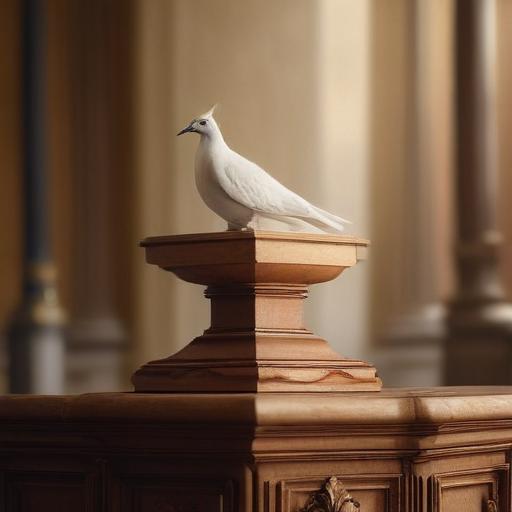As the papal conclave approaches, discussions surrounding potential candidates are intensifying, creating an atmosphere filled with anticipation and uncertainty. Cardinal Robert Francis Prevost’s momentum has diminished, particularly following Honduran Cardinal Oscar Rodriguez Maradiaga’s departure from Rome, where he expressed frustration over the lack of unified support for Prevost among Latin American cardinals. Some are signaling a preference for African Cardinal Fridolin Ambongo, showcasing the complexity within the voting bloc.
Cardinal Luis Antonio Tagle of the Philippines also faces challenges, garnering support mainly from Asian cardinals but struggling to sway the larger assembly. Meanwhile, European cardinals appear polarized in their nominations, with conservative voices leaning towards Hungarian Cardinal Péter Erdő, while liberal factions consider France’s Cardinal Jean-Marc Aveline.
A notable shift in the discussions is the emerging candidacy of Cardinal Dominique Mamberti, once off the radar but now gaining traction among curial cardinals. Known for his quiet yet accomplished background as a diplomat, Mamberti has navigated various challenging roles within the Vatican effectively. His experience, including significant positions under Popes Benedict XVI and Francis, is being highlighted as valuable for the papacy, particularly at this juncture marked by internal tensions and past controversies involving other candidates.
Supporters emphasize Mamberti’s ability to bring calm and responsible leadership to the Church, contrasting him with candidates embroiled in recent scandals. His perceived neutrality and lack of close ties to any contentious factions may make him an appealing choice as cardinals seek a consensus candidate amid growing apprehension about an extended conclave.
Despite the obstacles such as achieving the necessary two-thirds majority, Mamberti’s rising visibility suggests he could play a pivotal role in bridging divides if initial rounds of voting fail to yield a clear winner. This scenario exemplifies the unpredictable nature of the conclave, where the unexpected can emerge as viable options when traditional favorites fall short.
Overall, the conclave presents both a challenge and an opportunity for the Church to reflect on its leadership as it navigates a path forward in a turbulent global landscape.
